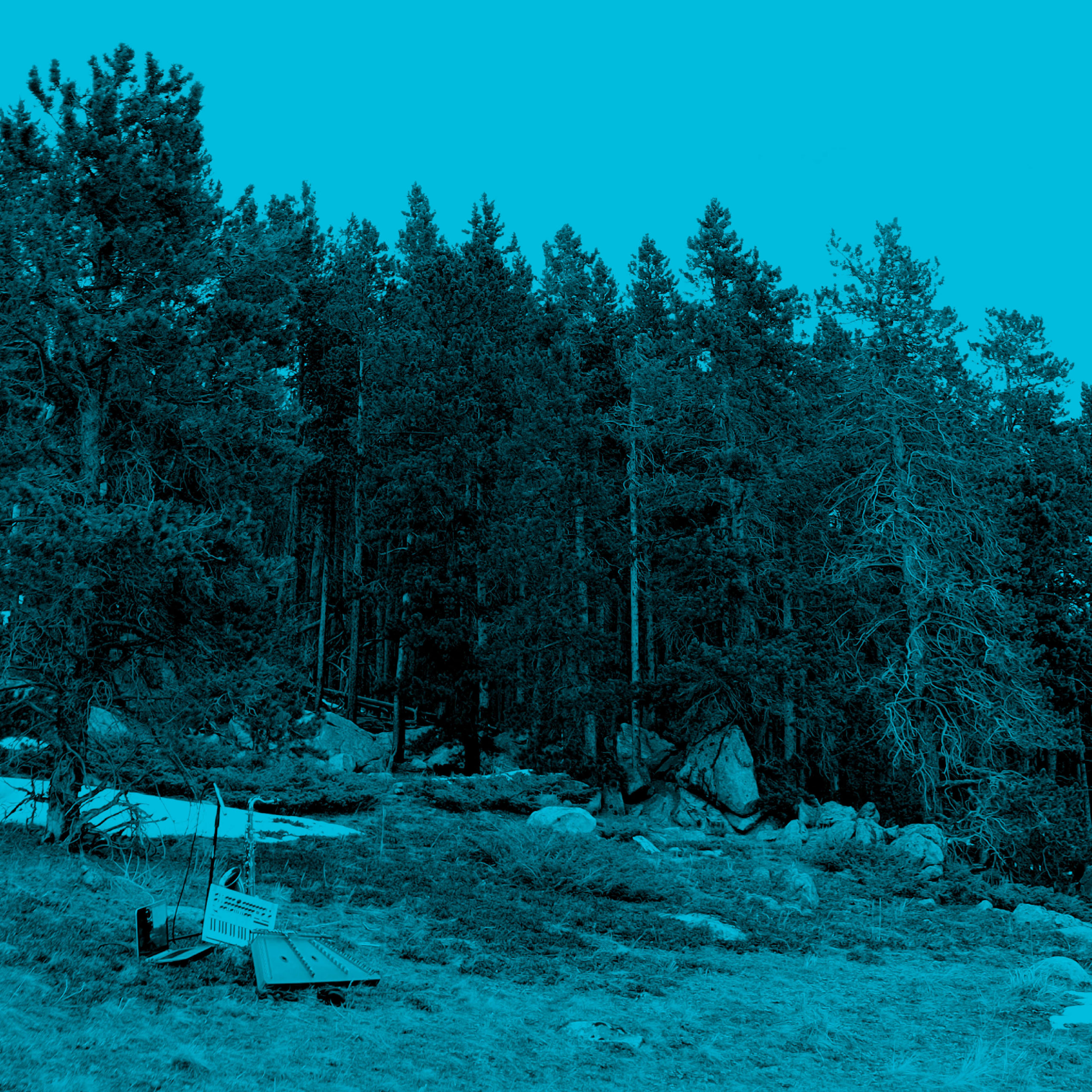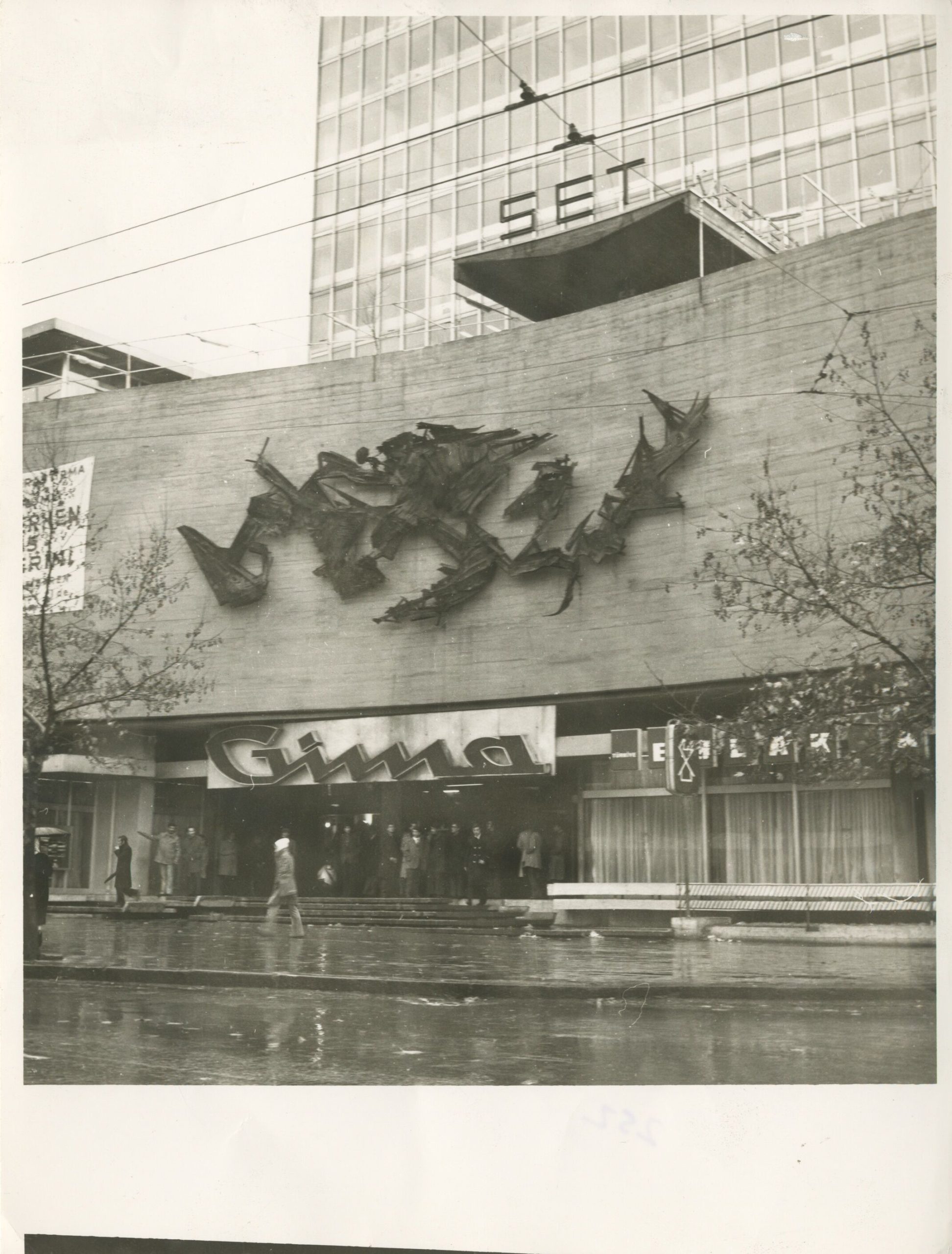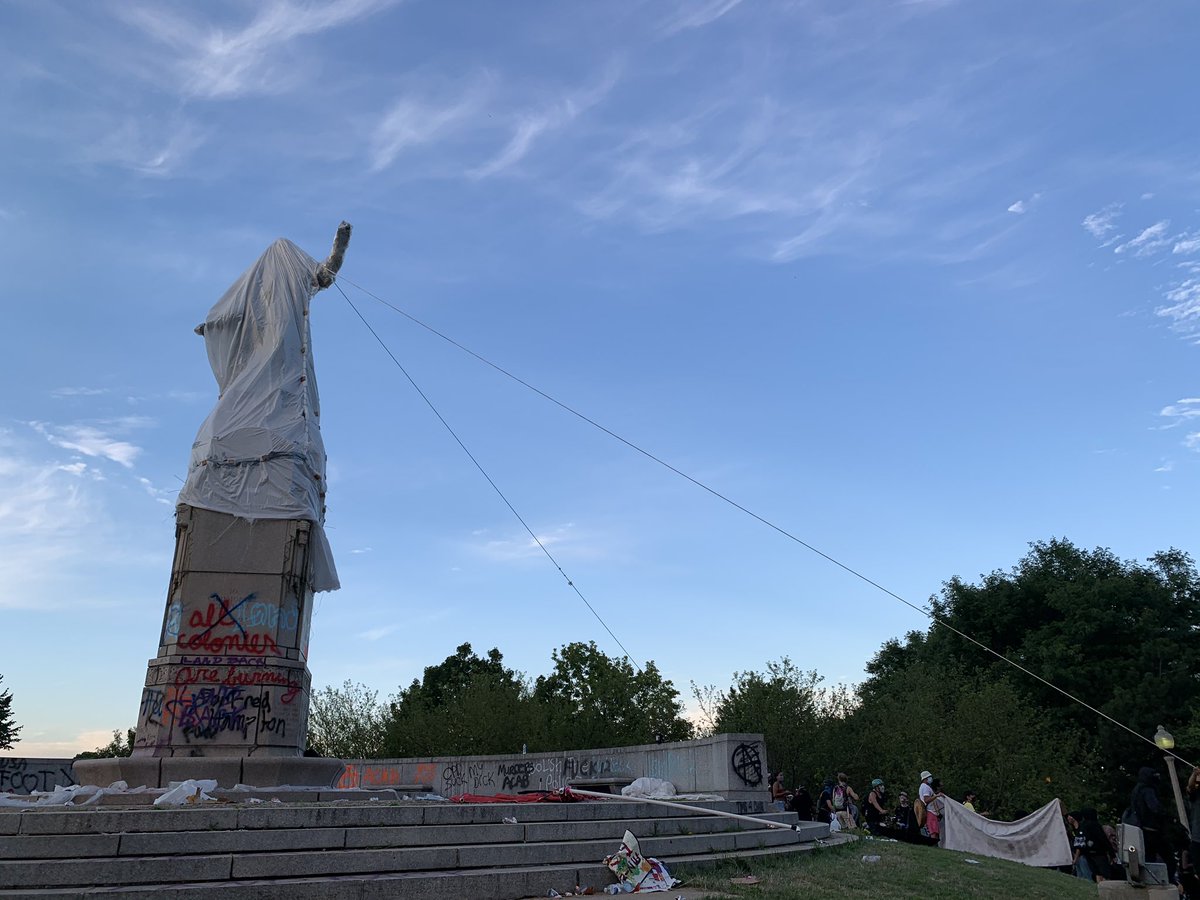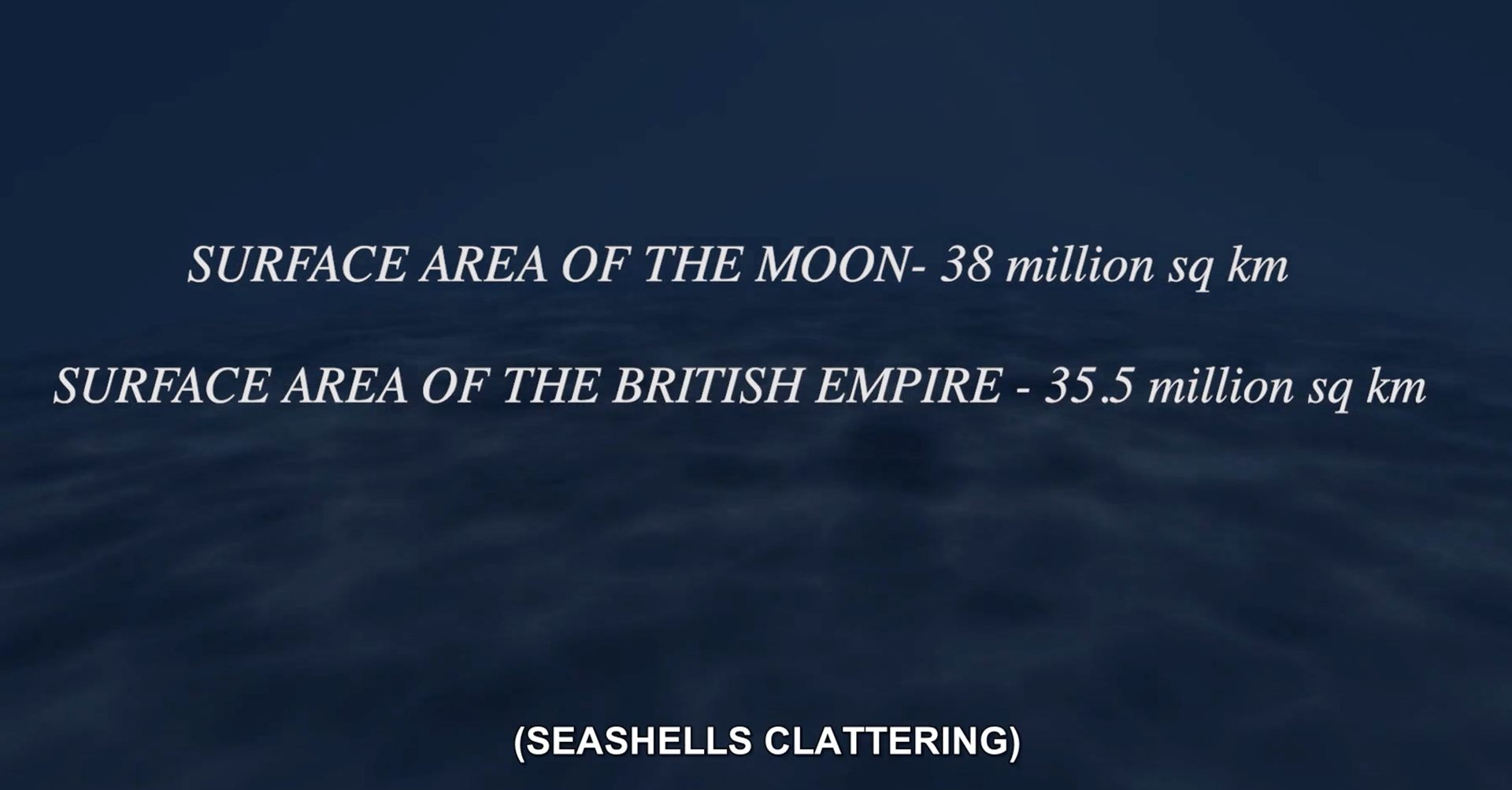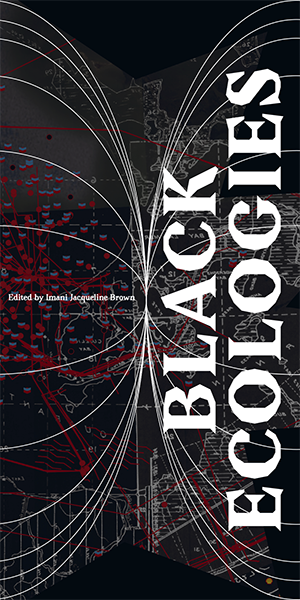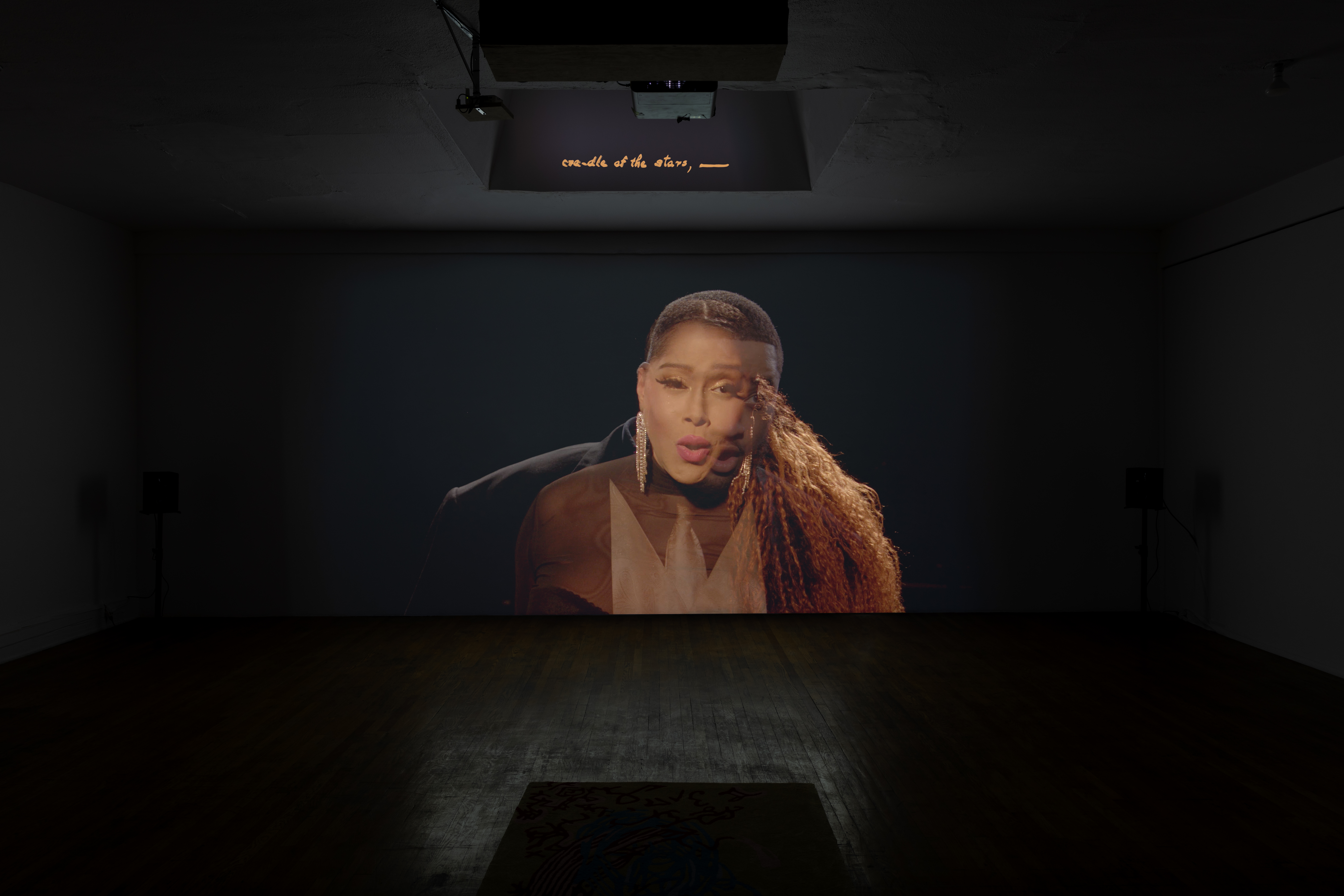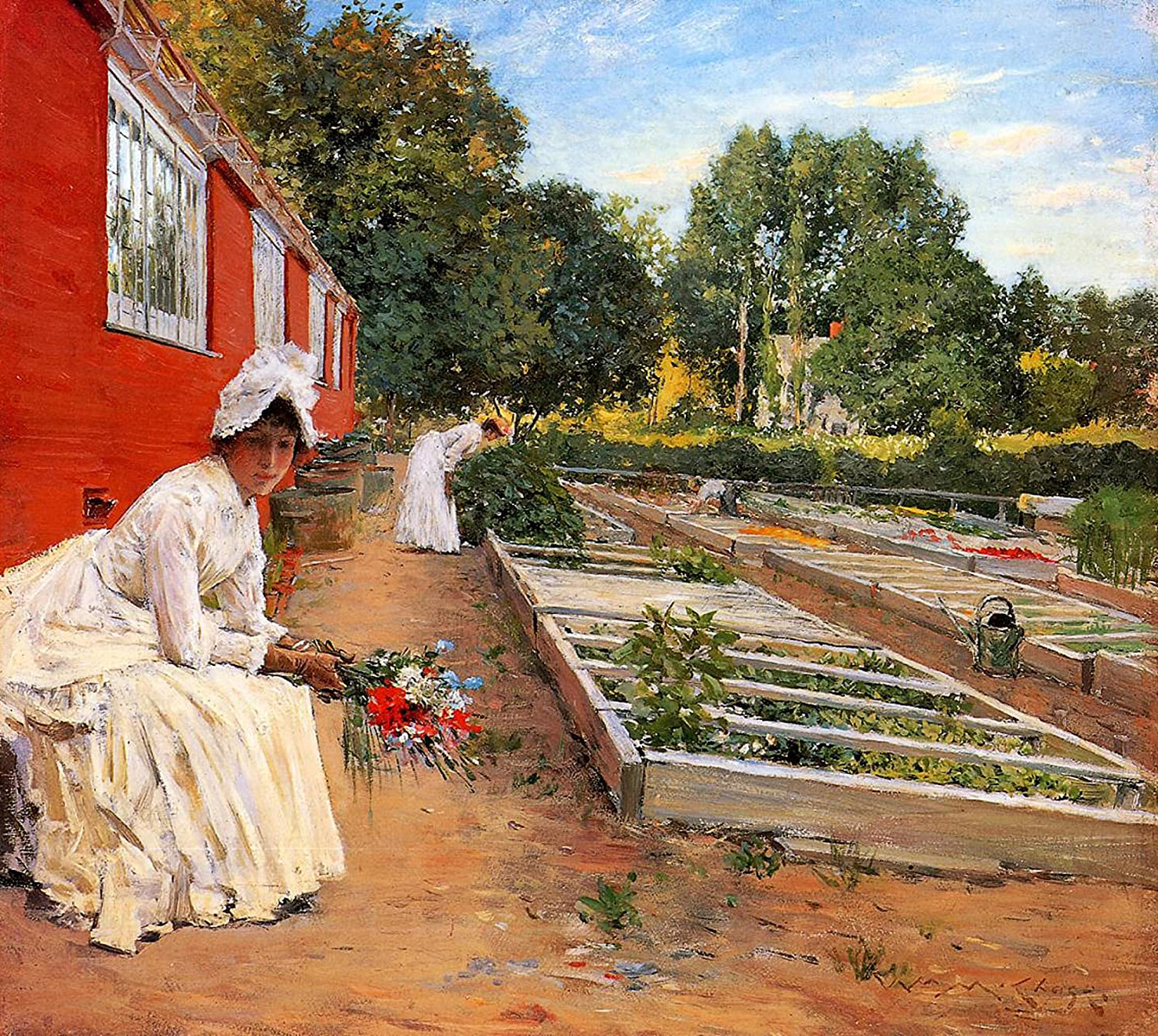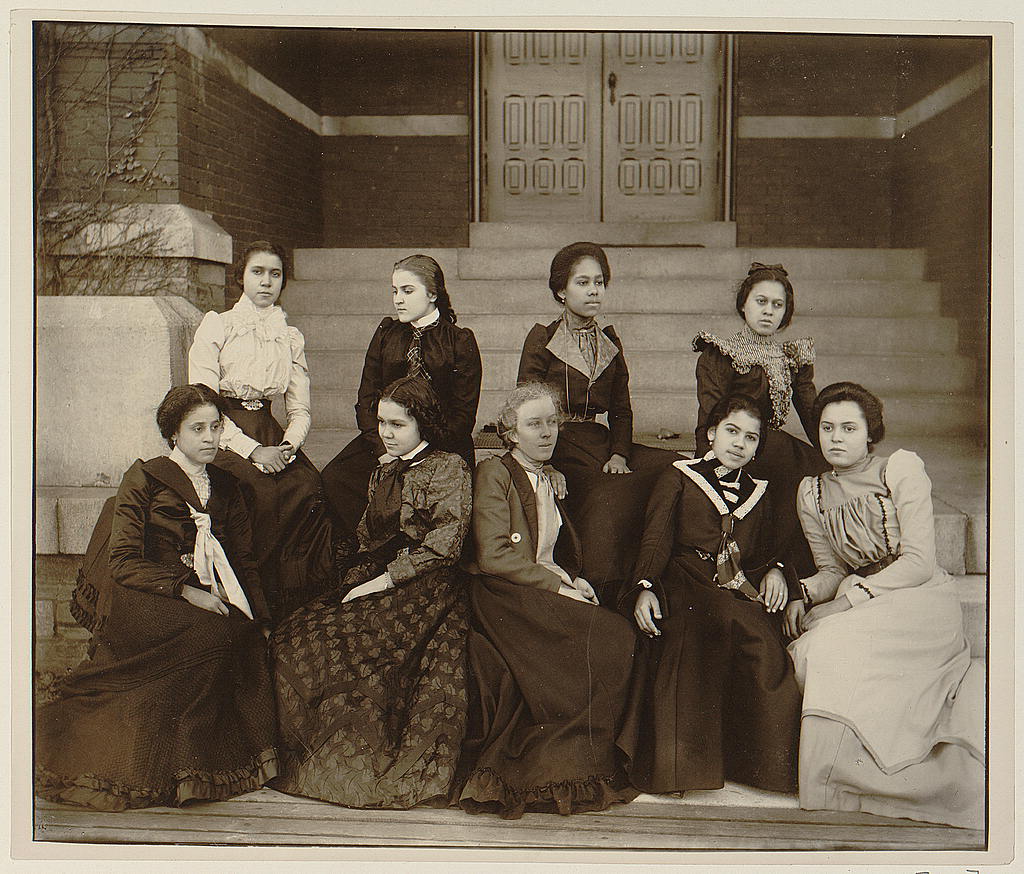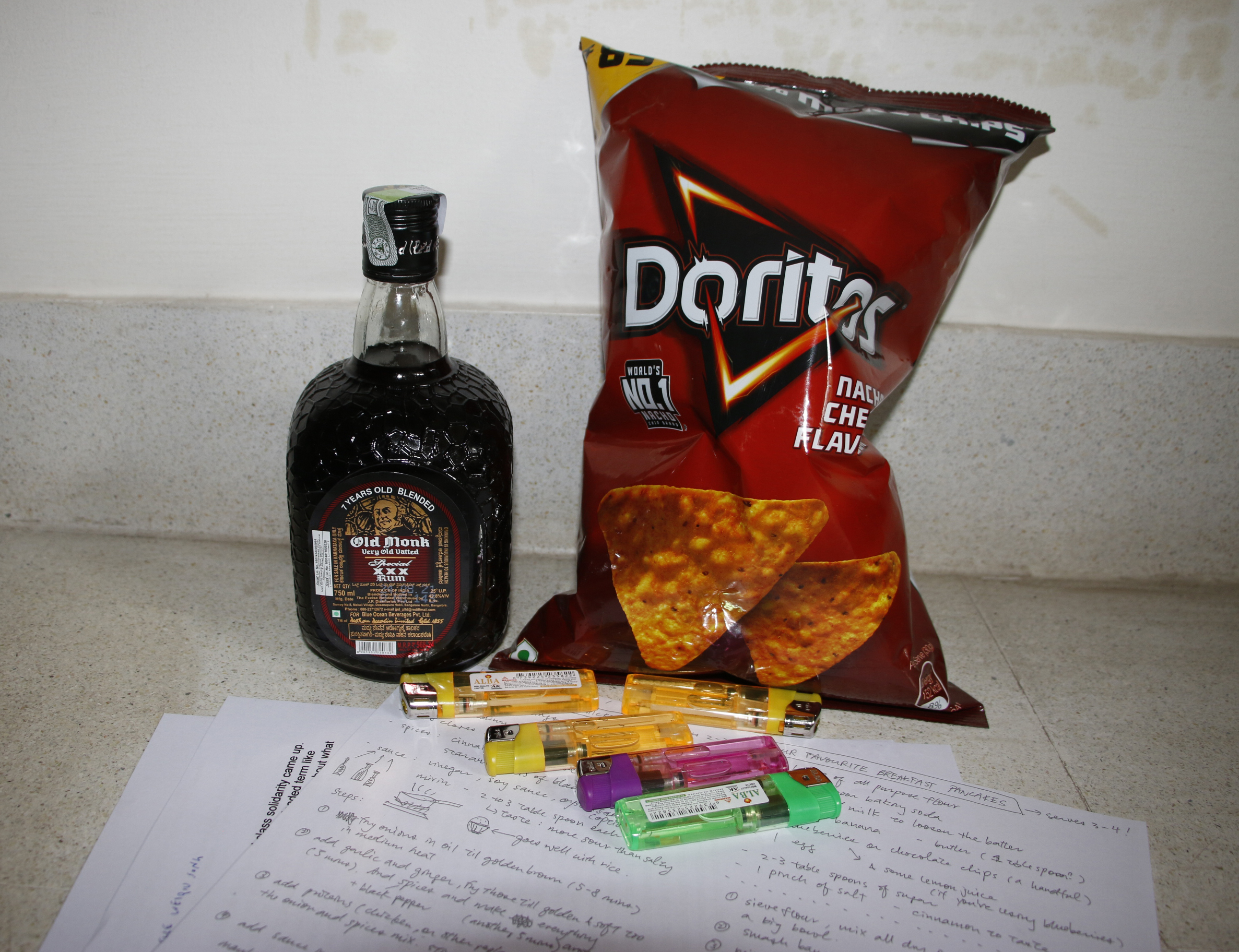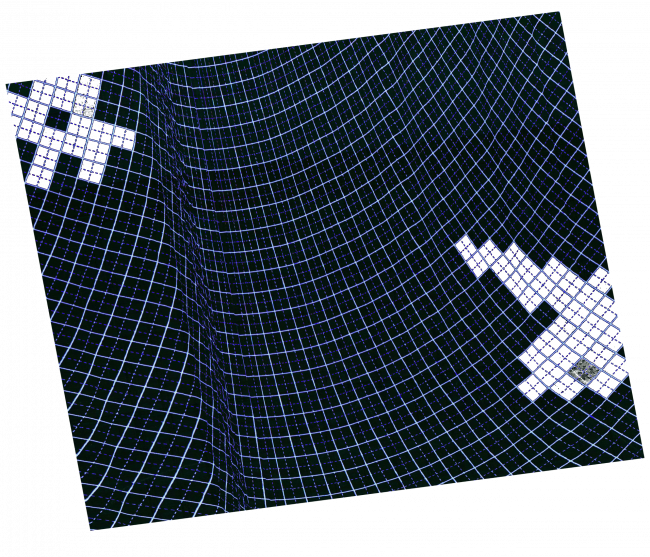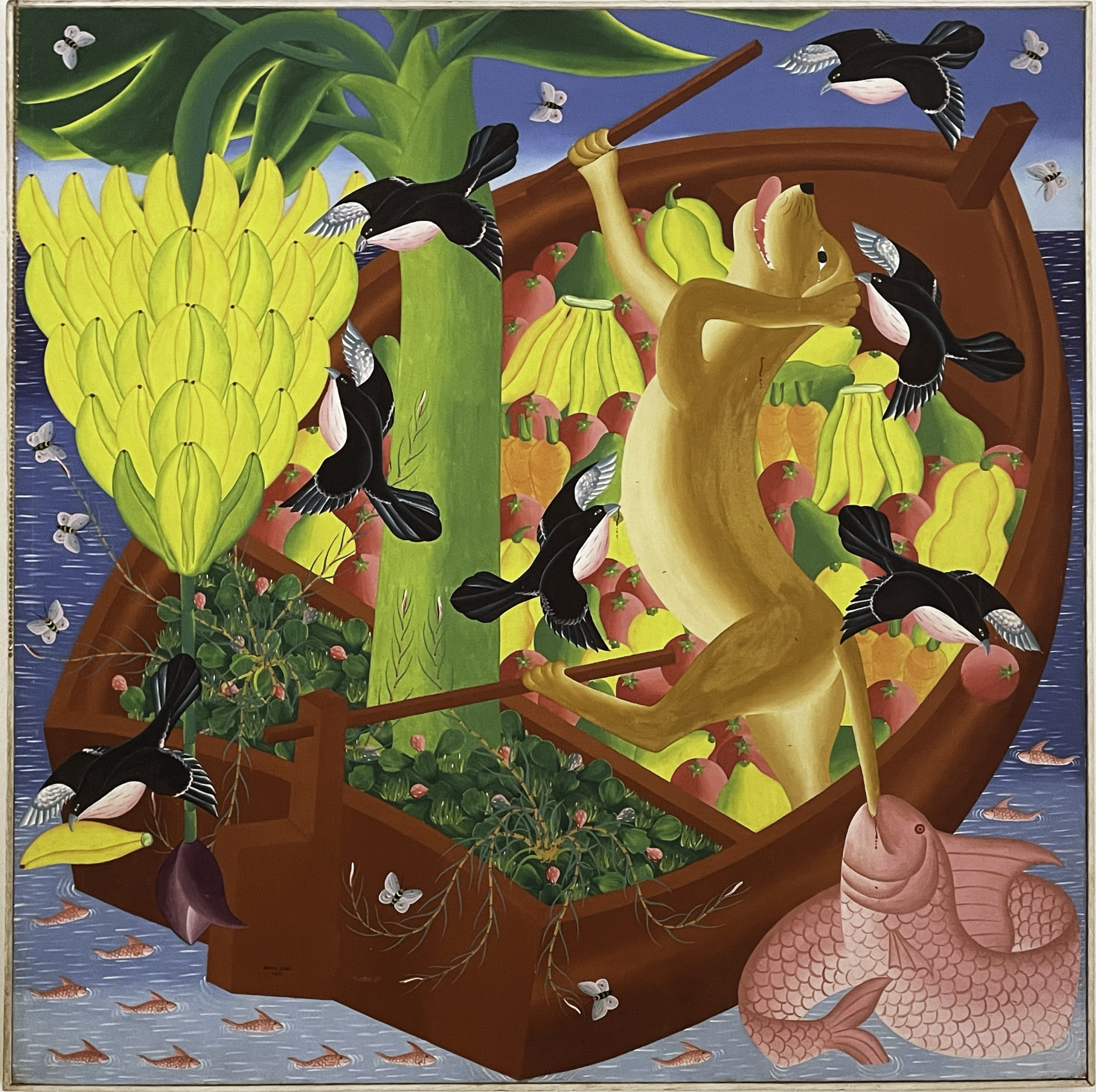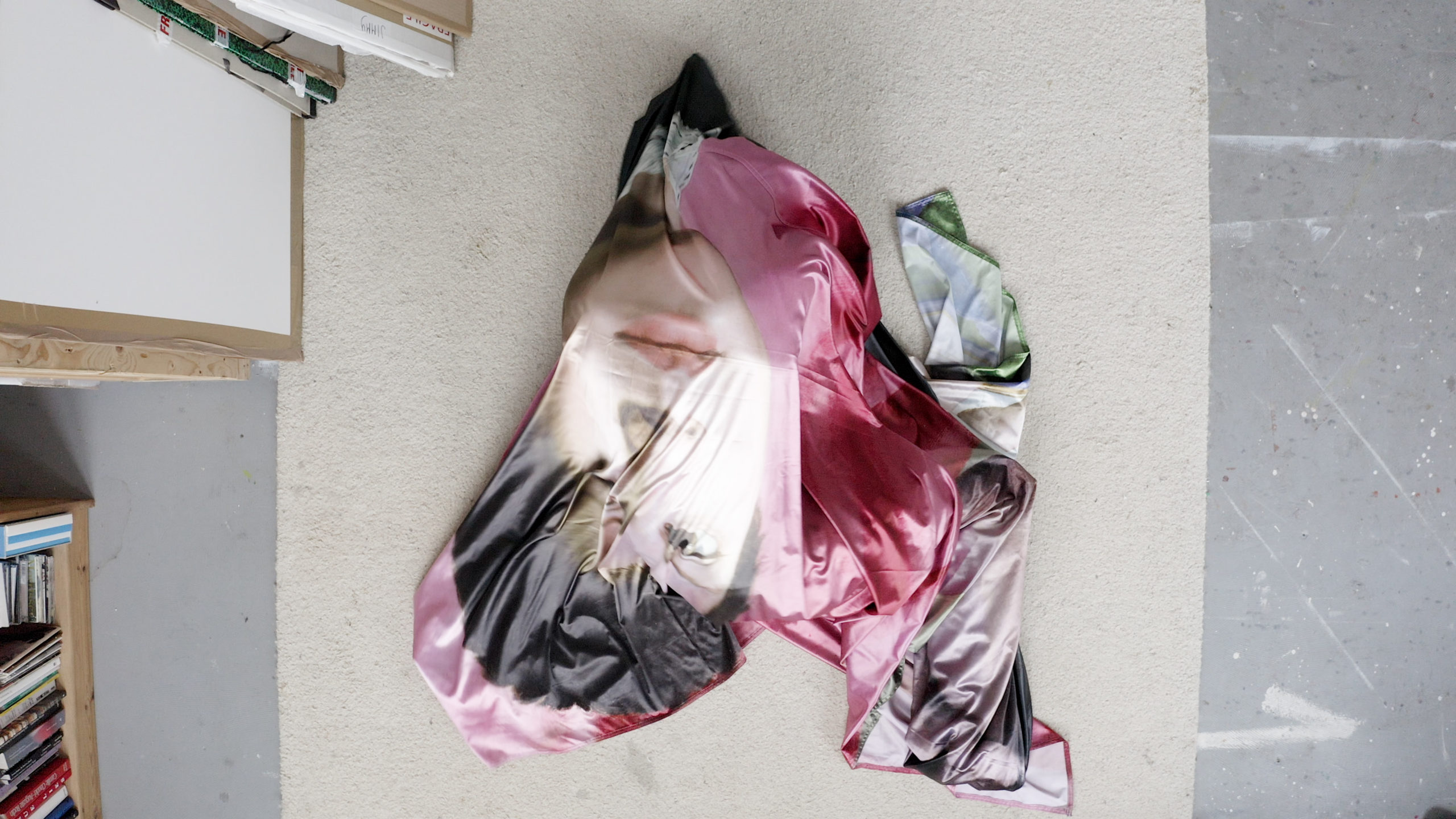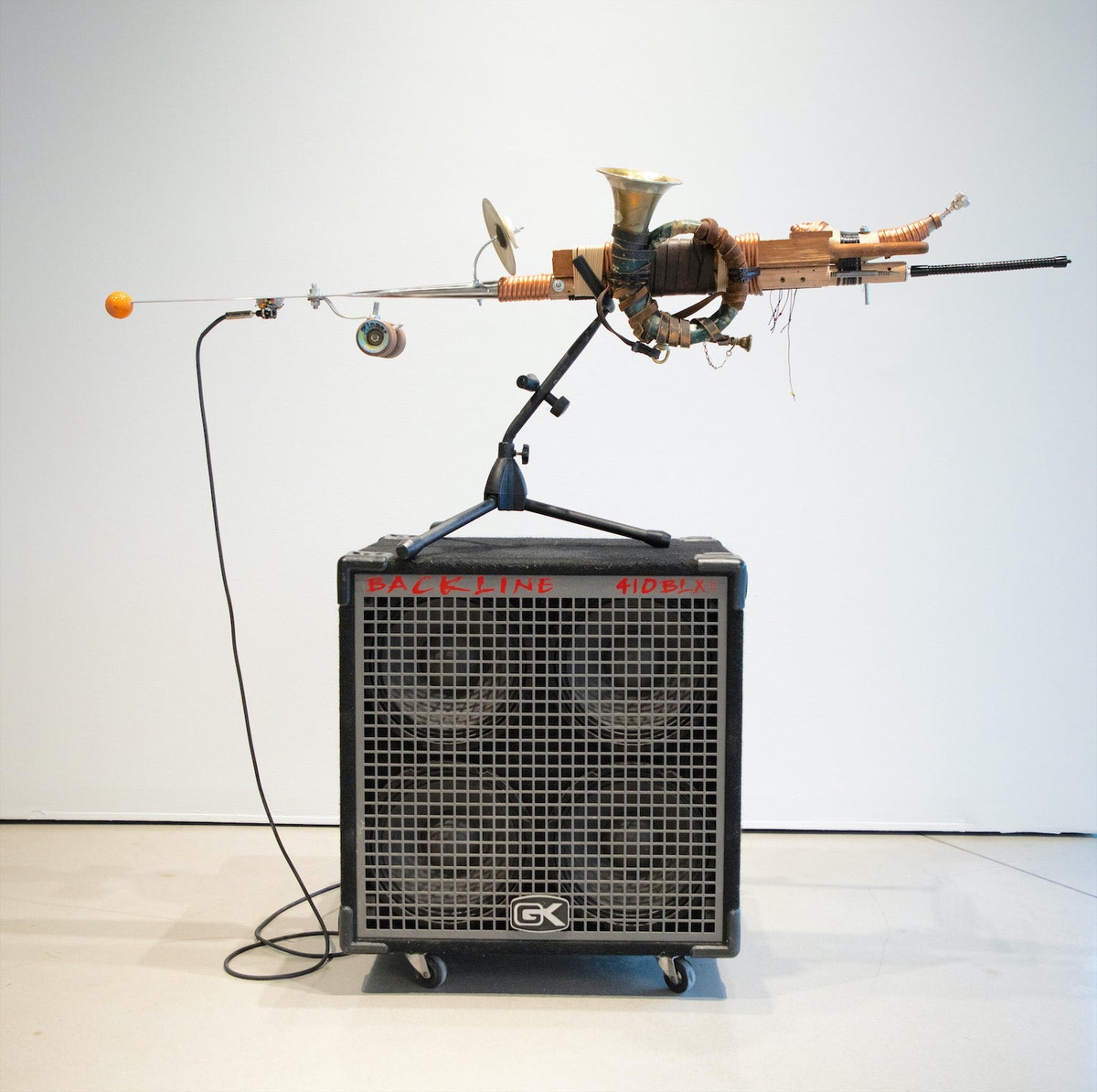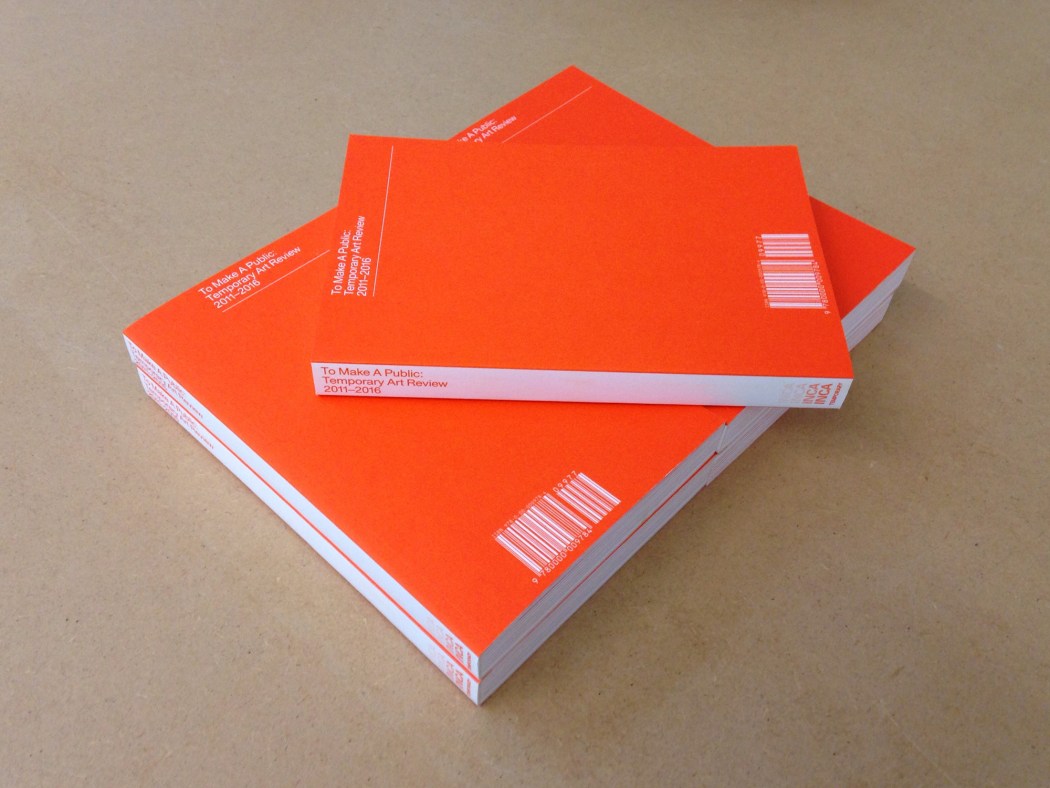Recent Posts
Conversations on Sound and Power: JJJJJerome Ellis
Taking his glottal block stutter as a point of departure, JJJJJerome Ellis figures the aporia and the block as clearing to consider how dysfluency, opacity, and refusal can open a new space for relation.
The Best of 2021: an odd list
This Winter Solstice list comprises, in no particular order, 21 pieces that held me together through this year of falling apart.
Making Power in the Desert of Whiteness: Jordan Weber’s Prototype for poetry vs rhetoric (deep roots)
Prototype for poetry vs rhetoric (deep roots), including a farm, sculptural installation and community space, is the capstone of Jordan Weber’s multi-year efforts to engage the endemic impacts of environmental racism in North Minneapolis with a lasting communal platform.
Aridification as Protagonist: Kuzgun Acar’s Ecocriticism
While becoming the tallest skyscraper in the nation after its completion, Emek İşhanı uniquely amalgamated the opposing sentiments of anti-imperialism and pro-American rhetoric that marked the Cold War in Turkey through the commission of a public artwork by leftist Turkish-Ethiopian artist Kuzgun Acar (1928-1976) to be hung on its entrance facade in 1965.
Introduction: Conversations on Sound and Power
Over the next six months, Conversations on Sound and Power will gather exchanges from a wide variety of contemporary artists, scholars, writers, activists, and interdisciplinary practitioners concerned with how sound and ideas about sound shape our historical, experiential, juridical, intersubjective, and current socio-political entanglements.
Mine as Paradigm
Mind over matter in the grammars of Enlightenment geology became, in the practical geology of colonialism, mine overmatter, that is, matter recognized by the imperative to extract and accumulate through subtending stratal relations.
UMBILIC
What can we learn from water? Fluidity, impermanence, ease of movement, care, methods to listen, tenderness. Screening for the month of November, UMBILIC is an offering – forever incomplete; an entry point into uncovering different (hi)stories that can help to situate our liquid selves.
Mangué Brain: Crabs With Brains as Collective Cultural Brains
The Manguebit movement and their “Crabs with Brains” manifesto is a conceptual paradigm that brings the notion of maternity, fertility, diversity, and productivity together with the notion of a technology, digital media, and computation; that can facilitate syncretism, that can bridge the gap not only across the Atlantic, but between those that survived on land and those still locked up in the gouffre.
Black Ecologies
We are pleased to announce MARCH 02: Black Ecologies, edited by Imani Jacqueline Brown and designed by Untitled.
All that Glitters…
If reproduction is foundational to the moving image, a remake renders the archival malleable. Re-making, like un-learning, is an active, conscious practice.
Consuming Nature
Can we criticize colonialism without criticizing capitalism? Once we understand the division of domains and shared responsibilities between imperial rule, private investors, and a global market, the factor linking 16th-century colonialism to contemporary forms of neo-colonial and extractivist policies becomes evident.
Atlanta: Notes from the Album
In his sociological theory of double consciousness, W. E. B. Du Bois argues that we are not always as the other sees us – and even though we would like to be seen by the other, we may never be seen accurately or truthfully.
at the kitchen table (adjust as per taste)
In this interview with Sarasija Subramanian and Nihaal Faizal of Reliable Copy, Arushi Vats discusses at the kitchen table (September 17 – October 5) at 1Shanthiroad Studio/Gallery in Bangalore, India.
Trust Exercise: Group-Think Rewrites Protocols of Protest and Consent
Originally commissioned by Manifesta 13, Group-Think is a sports and civic education program developed by Stine Marie Jacobsen in collaboration with the French contemporary circus Archaos, tested by students in several schools in Marseille – and now a pocket-sized bilingual handbook.
Announcing Publishing As Protocol + Call for Contributions
MARCH is pleased to announce our first long term inquiry, Publishing As Protocol, which aims to explore the relationship between self-organizational models and technological sovereignty.
NAN VANT SOLÈY LA / IN THE BELLY OF THE SUN
Written in Cap-Haïtien, Haïti between July and August of 2021 (after the July 7th assassination of President Jovenel Moïse and before a devastating 7.2 magnitude earthquake struck the southern peninsula on August 14th), this creative nonfiction essay navigates complicated socio-political frictions following the assassination of a nation’s leader while negotiating the personal sentiments of a heart tethered to a place in constant strife.
On Expanded Spectatorship
In the wake of the pandemic, our screens remain the central point of almost everything relating to spectatorship including the networks that facilitate our hyper-connectedness and circulate data generated by our inner worlds. Spectatorship then becomes a process of self-identification.
The Black Market Sound: Sampling a Micropolitical Terrain of Listening, Resistance and Refusal
If there is an oxymoron, a vulgar beast hidden in plain sight in postcolonial Zimbabwe, it is the black market, an ever-shifting diabolic Wall Street located on the streets. What do we hear when we slow down and listen to the culture in these spaces where the nation’s wealth is captured and eaten by a select few?
A*Desk Interview by Mela Dávila Freire
Mela Dávila Freire interviews MARCH co-founders Sarrita Hunn and James McAnally for A*Desk, an international critical publishing platform based in Spain, as part of a series on survival strategies for independent art projects.
Slippery When Wet: A Conversation with Tiffany Sia
On occasion of her exhibition Slippery When Wet at Artists Space and publication Too Salty Too Wet 更咸更濕, Karen Cheung speaks with Tiffany Sia on the futurity of Hong Kong.
